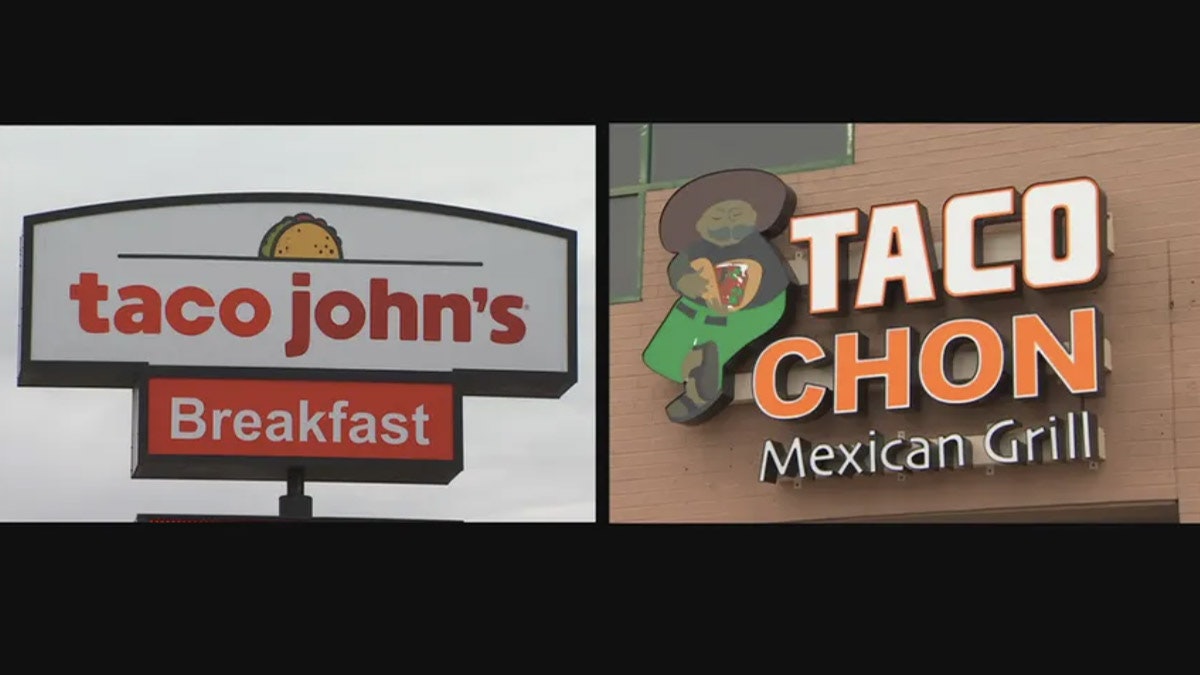Taco John’s does not sell authentic Mexican food, so it cannot be confused for an authentic Mexican restaurant with an arguably similar name, the law firm for a Minnesota restaurant argued in federal court.
The comments were included in a response to a lawsuit in U.S. District Court alleging trademark violations filed by Taco John’s against Minnesota’s Taco Chon.
In April, Taco John’s International, Inc. and Spicy Seasonings LLC sued Taco Chon, accusing owner Juan Ramos of infringing on Taco John’s trademark of its name.
But Ramos’ attorney argued in a response dated May 16 that while Taco John’s does have a federal trademark on its name, it was a “misnomer” that the company could enforce the trademark “with a broad paint brush.”
“Taco Chon Mexican Grill was created through the unique and personal experiences of Juan Ramos by dedicating the entire existence of his restaurants in honor of his father and his life in Jalisco, Mexico,” the response said.
The attorney also claimed Taco John’s was using its financial resources to bully small business owners and using the lawsuit to destroy the American dream.
Taco John’s, in a statement sent to Cowboy State Daily on Wednesday, told Cowboy State Daily that Taco Chon’s response had no factual or legal basis for its arguments when the only issue at hand was the use of a trademark that closely resembles the trademark the Cheyenne-based restaurant has been using for 50 years.
“We have great respect for every person working hard to achieve their version of the American Dream. This includes dozens of Taco John’s franchisees, most of whom are small business owners themselves,” the statement said. “We have an important obligation to them to protect the Taco John’s name and to not allow others to use facsimiles of it. As we have said from the beginning, we take no joy in enforcing our trademark rights against any small business owner and do so only after other options have been exhausted.”
Taco John’s accused Ramos of opening two quick-service Mexican cuisine restaurants similar to Taco John’s under the name “Taco Chon” within 5 miles of Taco John’s restaurants in Minnesota, which is “likely to cause confusion, mistake or deception.”
Taco Chon has locations in St. Cloud, Minnesota, which is just over 1 mile away from a Taco John’s, and Burnsville, Minnesota, which is 4 miles away from a Taco John’s franchise.
Ramos’ attorney argued that Taco John’s “West Mex” could never be confused for authentic Mexican cuisine, which is what Ramos serves at his restaurants. He added that Taco Chon was not a fast food restaurant like Taco John’s, but a Mexican grill that offers sit-down dining experiences and alcoholic beverages.
Ramos’ attorney asked for damages from Taco John’s in a sum of at least $150,000 to compensate Ramos for all monetary and/or economic harm, along with non-monetary harm, resulting from the lawsuit, citing Ramos’ depression and anxiety stemming from the case.
Taco John’s is no stranger to filing lawsuits to protect its trademarks.
The company has sent “cease and desist” letters to other restaurants over their use of the slogan “Taco Tuesday,” which it trademarked in 1989.
In 2006, Taco John International sued Taco Del Mar, alleging one of its restaurants in Colorado used the slogan to advertise its Tuesday specials.
The lawsuit was dismissed at the request of all parties three months after it was filed.





